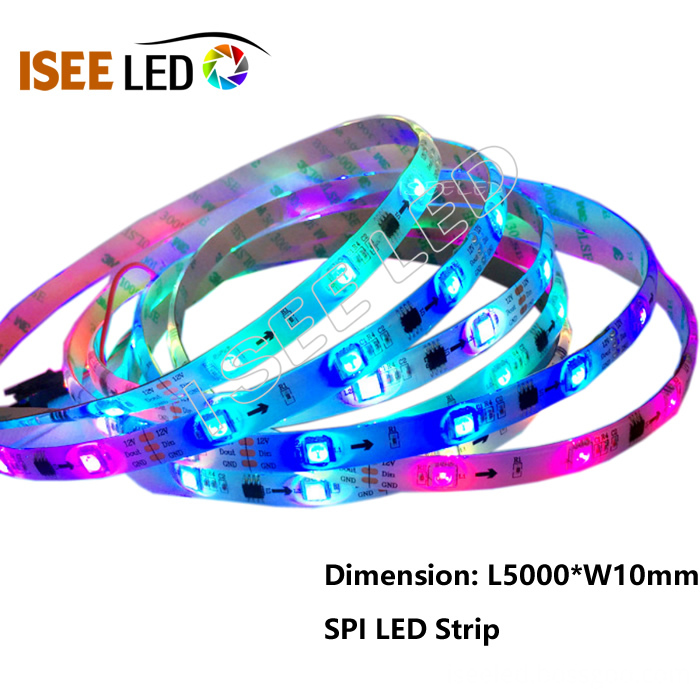Will British consumers accept smart meters as the government expects to lower their energy bills? According to a report of the National Audit Office (NAO) of the United Kingdom, the government should take this issue into consideration before implementing a nationwide smart metering program. The report reminded the UK's Department of Energy and Climate Change (DECC) that smart meters should be fully deployed from 2014 to 2019. Before the project invested 11.3 billion euros (about 18 billion U.S. dollars), there were still "important risks" to be solved.
NAO head Amyas Morse stated that “the benefits of this key technical and supporting business continue to be unclear, and there is not yet sufficient evidence to explain the space and time cycle of consumer behavior change and cost reduction in the UKâ€.
Energy suppliers are also expected to bear the cost of installing smart meters, and then pass on cost reductions and energy savings to consumers. Energy companies will be able to read meter data remotely and provide time-of-use price discounts for off-peak hours. According to DECC, smart metering will be an important step towards intelligent energy networks. Smart energy grids will better manage the needs of the entire power system and new energy sources such as wind and solar energy.
The DECC expects smart meters to generate €18.6 billion (approximately $30 billion) in benefits by 2030, while the NAO report believes that it is not yet clear how many meters are needed to help consumers change their energy usage habits. The report points out that DECC also needs a set of strategies to achieve better benefits and strategies to promote consumer participation. The NAO report also indicates that the time for solving the risk problem given in the design process is very limited, and the procurement and testing time will be more than expected; the system must be flexible enough to minimize the risk of the old equipment in the future; DECC remains in place until the full deployment work is started. There are many metrology system security tasks that need to be completed. Morse believes that "such large-scale projects themselves must bear the corresponding risks. In the process, we must make clear the decision point, that is, the relevant departments must audit consumer costs, benefits and risks, and to determine whether to implement or change the original plan. direction".
NAO head Amyas Morse stated that “the benefits of this key technical and supporting business continue to be unclear, and there is not yet sufficient evidence to explain the space and time cycle of consumer behavior change and cost reduction in the UKâ€.
Energy suppliers are also expected to bear the cost of installing smart meters, and then pass on cost reductions and energy savings to consumers. Energy companies will be able to read meter data remotely and provide time-of-use price discounts for off-peak hours. According to DECC, smart metering will be an important step towards intelligent energy networks. Smart energy grids will better manage the needs of the entire power system and new energy sources such as wind and solar energy.
The DECC expects smart meters to generate €18.6 billion (approximately $30 billion) in benefits by 2030, while the NAO report believes that it is not yet clear how many meters are needed to help consumers change their energy usage habits. The report points out that DECC also needs a set of strategies to achieve better benefits and strategies to promote consumer participation. The NAO report also indicates that the time for solving the risk problem given in the design process is very limited, and the procurement and testing time will be more than expected; the system must be flexible enough to minimize the risk of the old equipment in the future; DECC remains in place until the full deployment work is started. There are many metrology system security tasks that need to be completed. Morse believes that "such large-scale projects themselves must bear the corresponding risks. In the process, we must make clear the decision point, that is, the relevant departments must audit consumer costs, benefits and risks, and to determine whether to implement or change the original plan. direction".
SPI LED Strip Light including the WS2801, WS2811, USC1903, ect. led rgb pixel strip. It is 3 leds 1 pixel type digital led strip. 60leds/m and 30leds/m led addressable led tape are available. High quality and cheap price. widely used for outline profile decoration, clubs, pubs, and so on. With ISEELED Dmx Decoder, it also can work with Artnet and DMX control system. IP20, IP65, IP67 and IP68 led pixel flexible strip are availble.
Photo show of SPI LED Flexible Strip Light:

Spi Led Flexible Strip Light,Addressable Led Strip,12V Led Strip Lights,Multi Color Led Strip
Shenzhen Iseeled Technology Co., Ltd. , http://www.iseeledlight.com